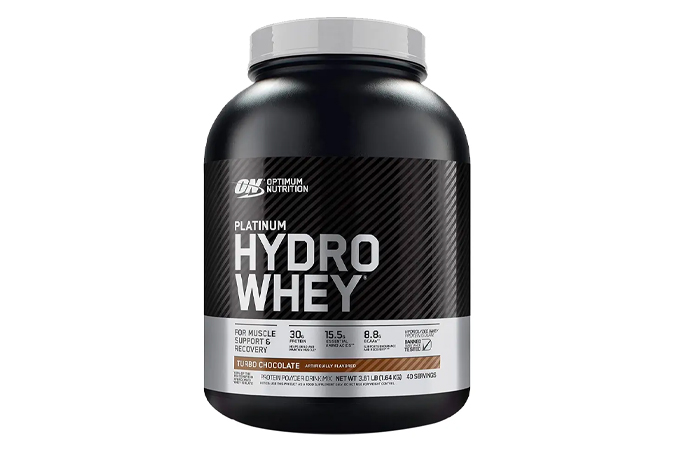The Post-Workout Sauna Experience: Exploring the Pros and Cons

Introduction
After an intense workout session, your body is buzzing with endorphins, your muscles are fatigued, and you’re feeling the satisfaction of pushing your limits. As you head towards the locker room, you may be tempted to step into the inviting warmth of a sauna. The idea of unwinding in the sauna after a workout has become a popular practice among fitness enthusiasts. But what are the real benefits, and are there any drawbacks to hitting the sauna post-workout? In this article, we’ll explore the potential advantages and disadvantages of indulging in a sauna session after exercise.
The Benefits of Sauna After Your Workout
– Muscle Relaxation and Recovery: One of the most touted benefits of using a sauna after a workout is muscle relaxation. The dry heat in the sauna can help relax and soothe your muscles, potentially alleviating post-exercise soreness. The increased blood flow to muscles can aid in the removal of metabolic waste products, promoting faster recovery.
– Enhanced Circulation: The heat exposure in the sauna causes blood vessels to dilate, leading to improved circulation. This can help deliver more oxygen and nutrients to your muscles, facilitating the repair and growth process.
– Detoxification: Sweating is the body’s natural way of detoxifying. Spending time in a sauna can induce profuse sweating, helping to eliminate toxins and waste products from your body.
– Cardiovascular Benefits: The heat stress experienced in a sauna can mimic some of the cardiovascular benefits of exercise. It can increase heart rate and dilate blood vessels, potentially improving cardiovascular health over time.
– Stress Reduction: Sauna sessions offer a serene environment that promotes relaxation and stress relief. After an intense workout, winding down in the sauna can have a positive impact on your mental well-being.
– Flexibility: The heat from the sauna can increase tissue elasticity and joint mobility, potentially enhancing your post-workout stretching routine.
The Drawbacks of Sauna After Your Workout
– Dehydration: While sweating is a natural response in a sauna, excessive sweating can lead to dehydration, especially if you’re not adequately hydrating before, during, and after your workout. Dehydration can affect your performance and recovery.
– Electrolyte Imbalance: Sweating not only expels water but also electrolytes like sodium, potassium, and magnesium. An extended sauna session after working out may exacerbate electrolyte imbalances if not replenished appropriately.
– Overexertion: Hitting the sauna immediately after an intense workout might further stress your body, potentially leading to overexertion. Your body needs time to cool down and gradually transition from exercise mode to relaxation mode.
– Heat Stress: Prolonged exposure to high heat can lead to heat stress or heat exhaustion. This is especially risky if your body temperature is already elevated from exercise.
– Skin Sensitivity: Excessive heat can be harsh on the skin, causing dryness, irritation, or exacerbating existing skin conditions. If you have sensitive skin, be cautious when spending extended periods in a sauna.
– Interference with Recovery: While some heat exposure can be beneficial for recovery, excessive heat might interfere with the body’s natural cooling mechanisms and the inflammatory response that aids in tissue repair.
Strategies for Sauna Use After Exercise
– Hydrate: Before entering the sauna, ensure you’re well-hydrated. Drink water throughout your workout and consider sipping on electrolyte-rich beverages to maintain hydration levels.
– Moderation: Limit your sauna session to a reasonable duration, typically around 10-15 minutes. Avoid prolonged stays in the sauna immediately after intense exercise.
– Cool Down: Allow your body to cool down gradually after your workout before entering the sauna. This can help prevent overexertion and reduce the risk of heat stress.
– Replenish Electrolytes: If you’re planning to use the sauna post-workout, be mindful of replenishing lost electrolytes through hydration and nutrient-rich foods.
– Listen to Your Body: Pay attention to how your body responds. If you start to feel lightheaded, dizzy, or excessively fatigued, exit the sauna and hydrate immediately.
– Alternate Days: Consider alternating sauna sessions with your workout days to avoid potential overexertion and to allow your body to recover effectively.
Conclusion
Hitting the sauna after your workout can offer several potential benefits, including muscle relaxation, improved circulation, and stress reduction. However, it’s important to approach sauna use with caution and mindfulness. Dehydration, electrolyte imbalances, and the risk of overexertion are potential drawbacks that should not be ignored.
Moderation and proper hydration are key when considering a sauna session after exercise. Remember that individual responses to heat and sauna use vary, so it’s important to listen to your body and prioritize your well-being. If you decide to incorporate sauna sessions into your post-workout routine, do so in a balanced and informed manner, ensuring that the benefits outweigh the potential drawbacks.
To make the most of your overall workout routine, it’s just as important to prepare your body before exercise as it is to recover afterward. Proper pre-exercise preparation can enhance your performance, reduce the risk of injury, and set the stage for a more effective workout. If you’re looking for practical tips on how to optimize your warm-up routine and get the most out of your workouts, check out our guide on Pre-Exercise Preparation: Essential Tips for a Successful Workout Session. Incorporating both pre-workout and post-workout strategies can help you achieve a more balanced and effective fitness regimen.










